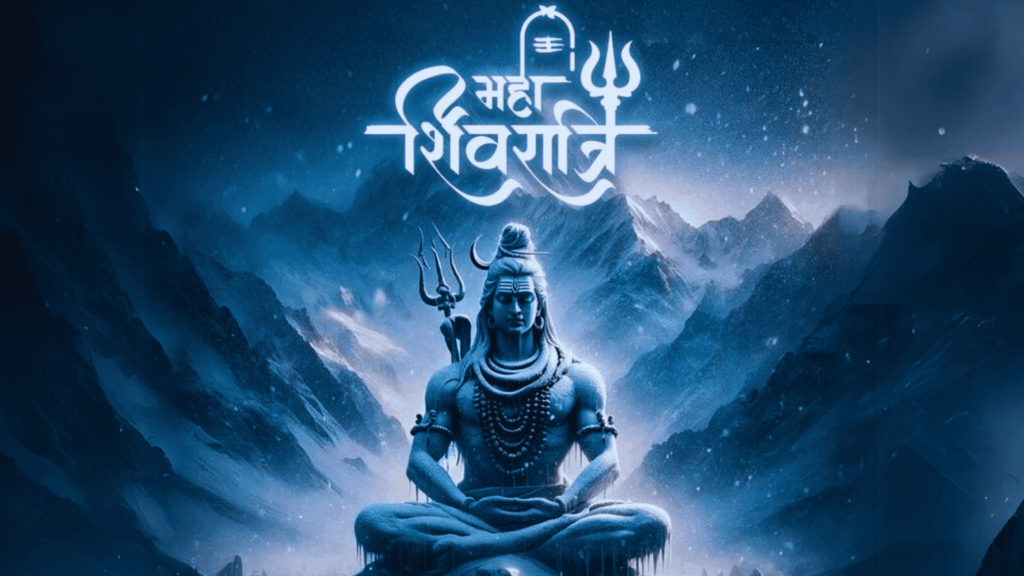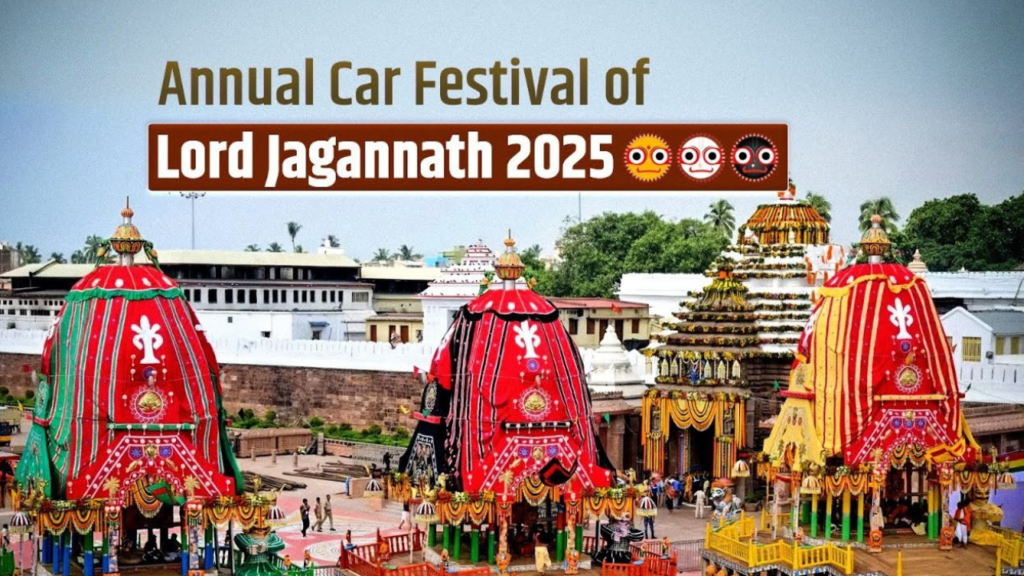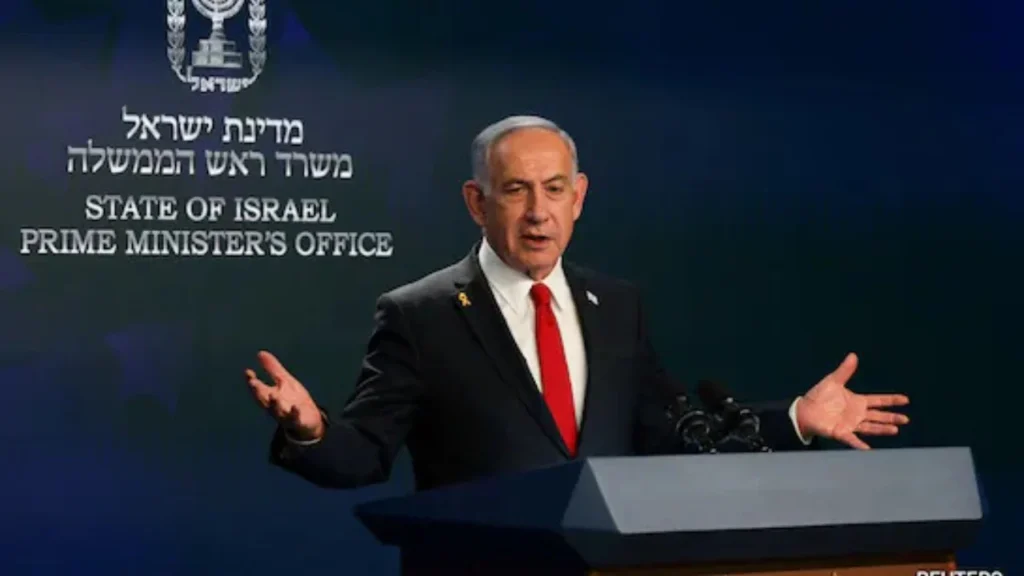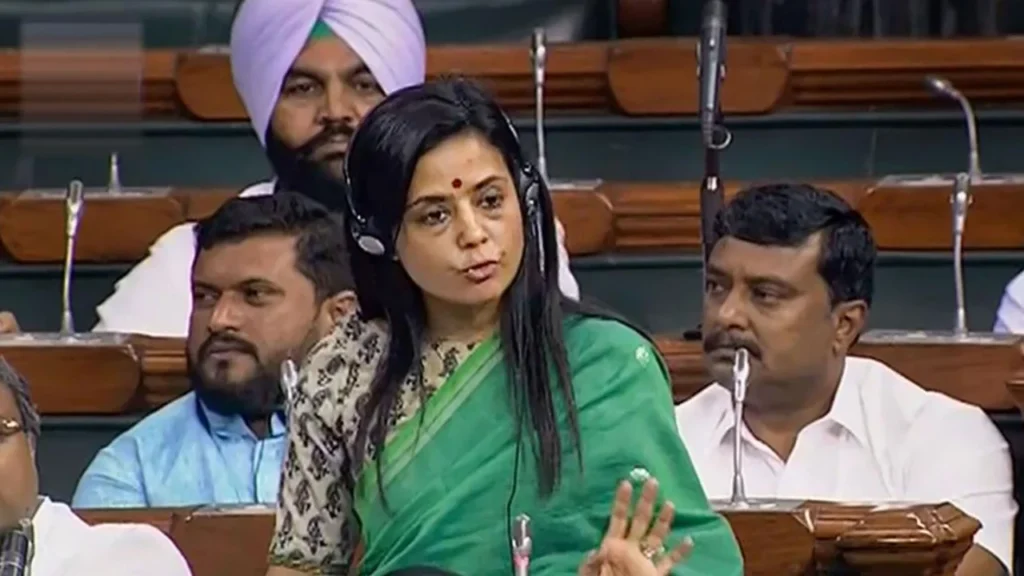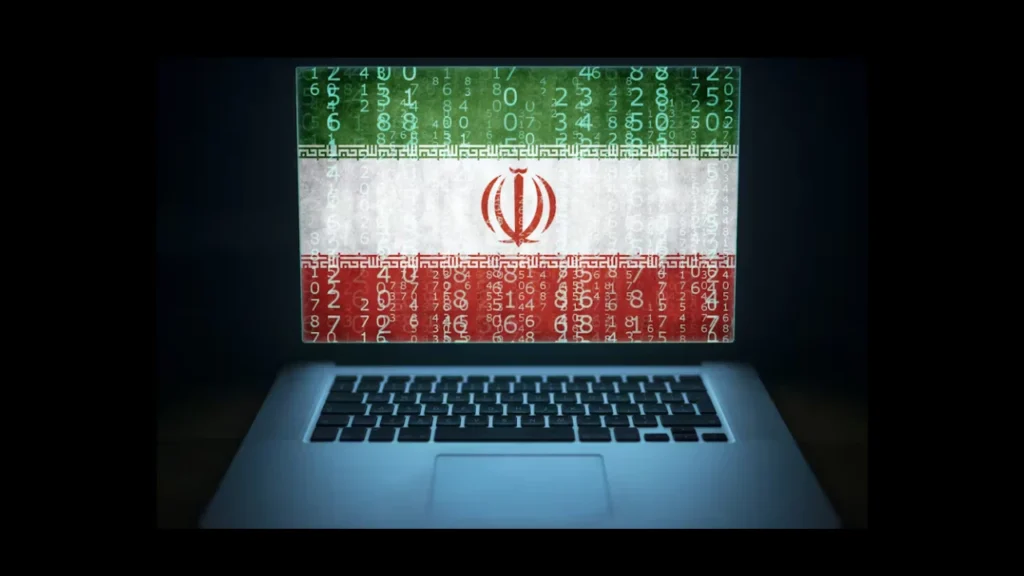Maha Shivratri, meaning “The Great Night of Shiva,” is one of the most significant Hindu festivals dedicated to Lord Shiva. Celebrated annually, this auspicious occasion falls on the 14th night of the dark fortnight in the Hindu month of Phalguna (February-March). Devotees across India and other parts of the world observe this day with deep reverence, prayers, and rituals, seeking the divine blessings of Lord Shiva.
The Story Behind Maha Shivratri
There are several fascinating legends associated with Maha Shivratri, each highlighting Lord Shiva’s divine qualities and greatness.
1. The Marriage of Shiva and Parvati
One of the most popular beliefs is that Maha Shivratri marks the celestial wedding of Lord Shiva and Goddess Parvati. According to mythology, after years of penance and devotion, Goddess Parvati won the heart of Lord Shiva, and their divine union took place on this night. Devotees, especially women, observe fasts and pray for a blissful married life, seeking blessings from the divine couple.
2. The Samudra Manthan and the Neelkanth Legend
Another significant story comes from the great churning of the ocean (Samudra Manthan). During this event, a deadly poison (halahala) emerged from the ocean, threatening to destroy all life. To save the universe, Lord Shiva consumed the poison, holding it in his throat instead of swallowing it. His throat turned blue, earning him the name Neelkanth (the Blue-Throated One). Devotees believe that Maha Shivratri is the night when Lord Shiva saved the world from destruction.
3. The Legend of the Hunter and the Lingam
A lesser-known but deeply symbolic story speaks of a poor hunter who unknowingly performed Shiva worship. One night, he climbed a tree to escape wild animals and plucked leaves to stay awake. The leaves fell onto a Shiva Lingam beneath the tree, and his tears of fear were seen as an offering to Lord Shiva. Pleased with his devotion, Shiva granted him moksha (liberation). This tale emphasizes that sincere devotion, even unknowingly, can earn divine blessings.
4. The Cosmic Dance of Shiva (Tandava)
It is also believed that on Maha Shivratri, Lord Shiva performs his divine dance of creation, preservation, and destruction, known as the Tandava. Devotees worship and meditate on this night, believing it to be a powerful time for spiritual awakening.
How is Maha Shivratri Celebrated?
1. Fasting and Devotion
Devotees observe strict fasts, consuming only fruits, milk, and water. Some observe a complete fast (nirjala vrat), avoiding even a drop of water, as a mark of discipline and devotion.
2. Worship and Offerings
Shiva temples across the country witness grand celebrations. Devotees offer sacred items like:
- Milk, honey, and water – Symbolizing purity and devotion
- Bilva (Bel) leaves – Believed to be Lord Shiva’s favorite
- Bhasma (sacred ash) – Signifying renunciation and transcendence
3. Chanting and Meditation
Devotees chant Om Namah Shivaya, one of the most powerful mantras, throughout the night. Many also meditate, seeking inner peace and enlightenment.
4. Night Vigil and Bhajans
The festival is marked by all-night vigils (Jagran) where devotees sing bhajans (devotional songs) in praise of Lord Shiva, creating a spiritually uplifting atmosphere.
Maha Shivratri Across India
- Varanasi (Kashi Vishwanath Temple) – Grand processions and elaborate rituals take place.
- Ujjain (Mahakaleshwar Jyotirlinga) – Thousands of devotees perform Rudrabhishek and night-long worship.
- Tamil Nadu (Thiruvannamalai) – Devotees undertake the sacred Girivalam (circumambulation of the Arunachala hill).
Spiritual Importance
Maha Shivratri is not just a festival but a deep spiritual experience. Devotees believe that meditating on this night helps them attain liberation (moksha) by overcoming ignorance and ego. The planetary positions on this night are considered highly favorable for spiritual growth.
Final Thoughts
Maha Shivratri is a celebration of devotion, discipline, and spiritual awakening. Whether through fasting, prayers, or meditation, devotees seek Lord Shiva’s blessings for peace, prosperity, and inner strength. This sacred night serves as a reminder of the power of faith and the ultimate truth of existence.
Om Namah Shivaya!

